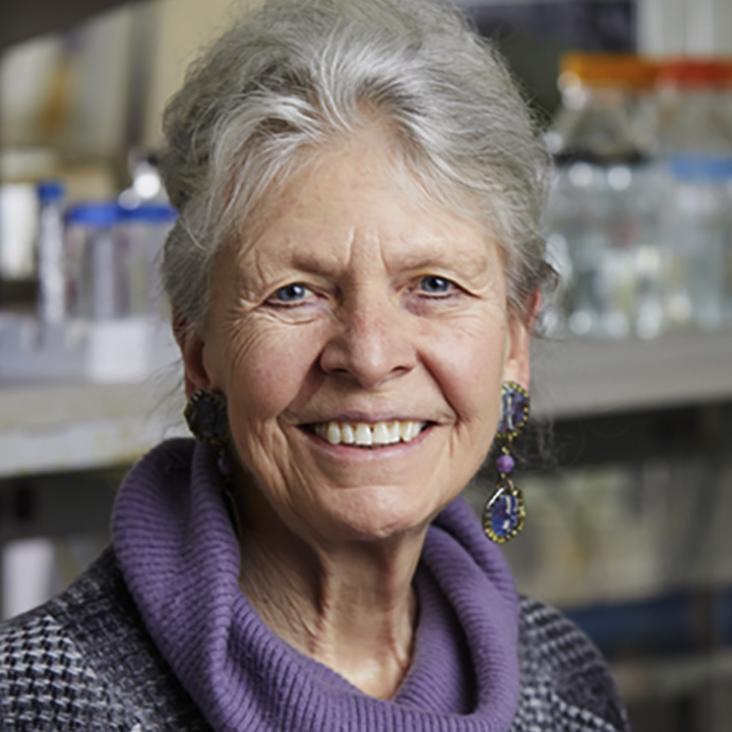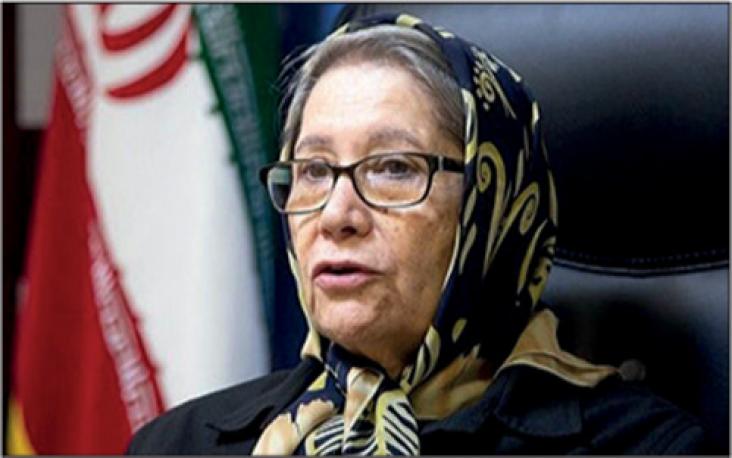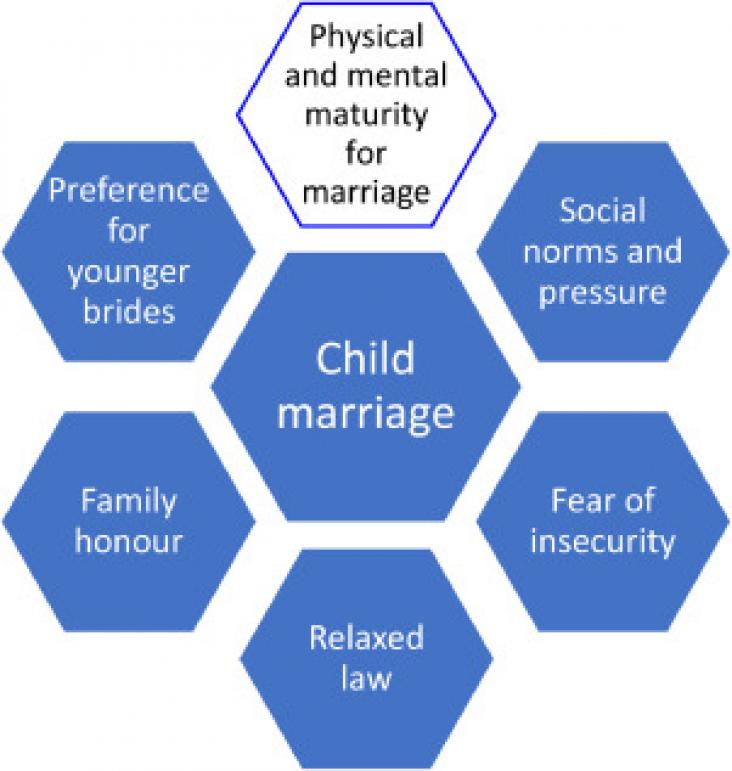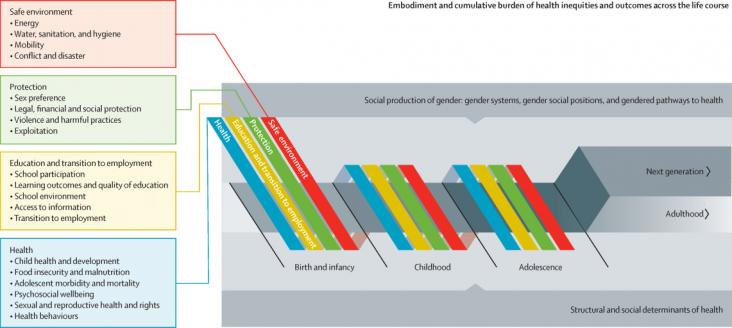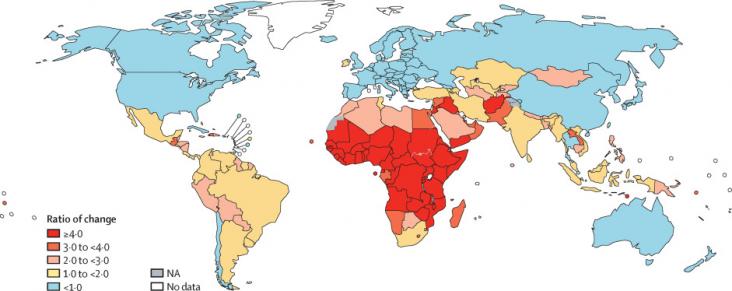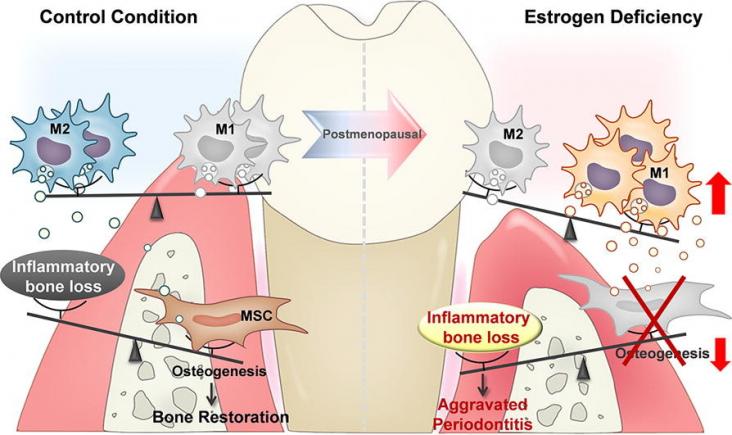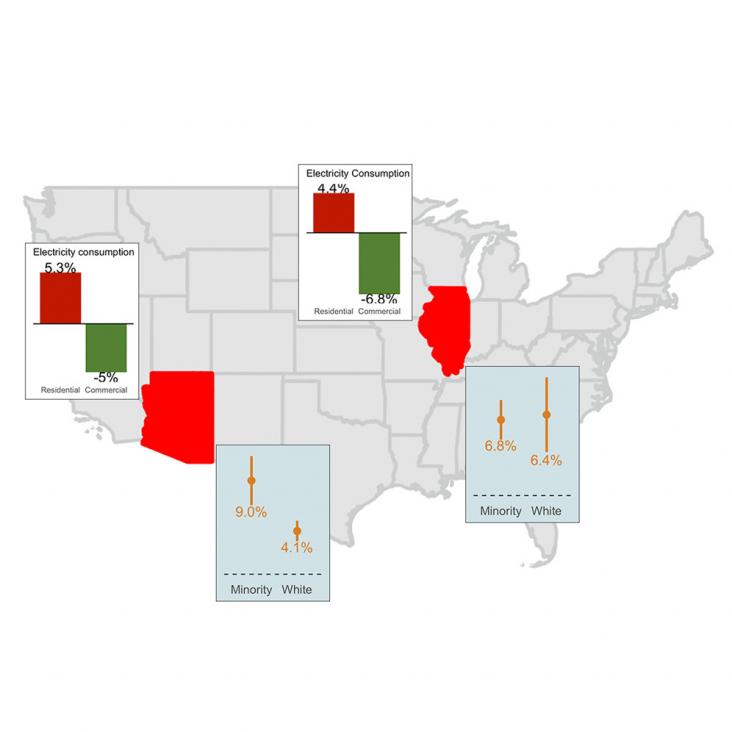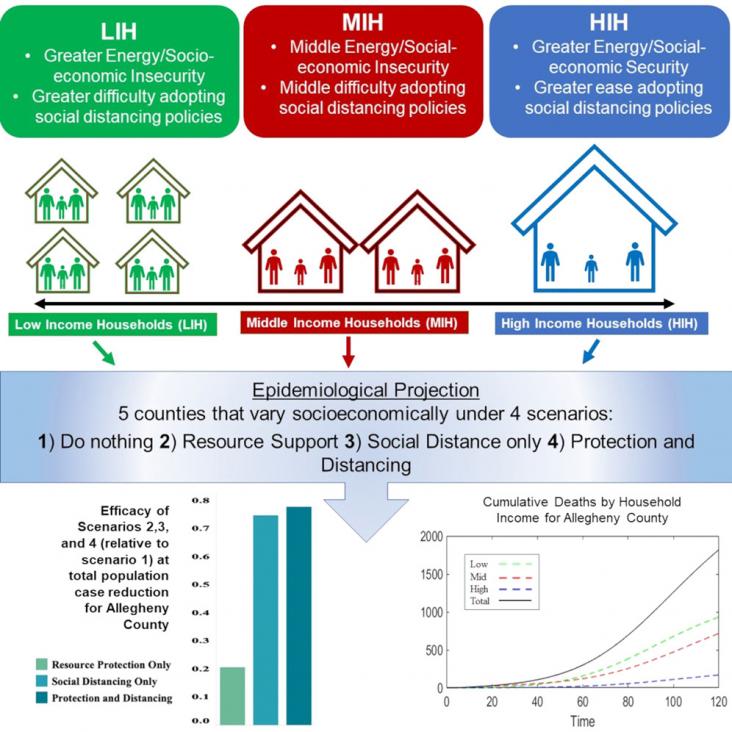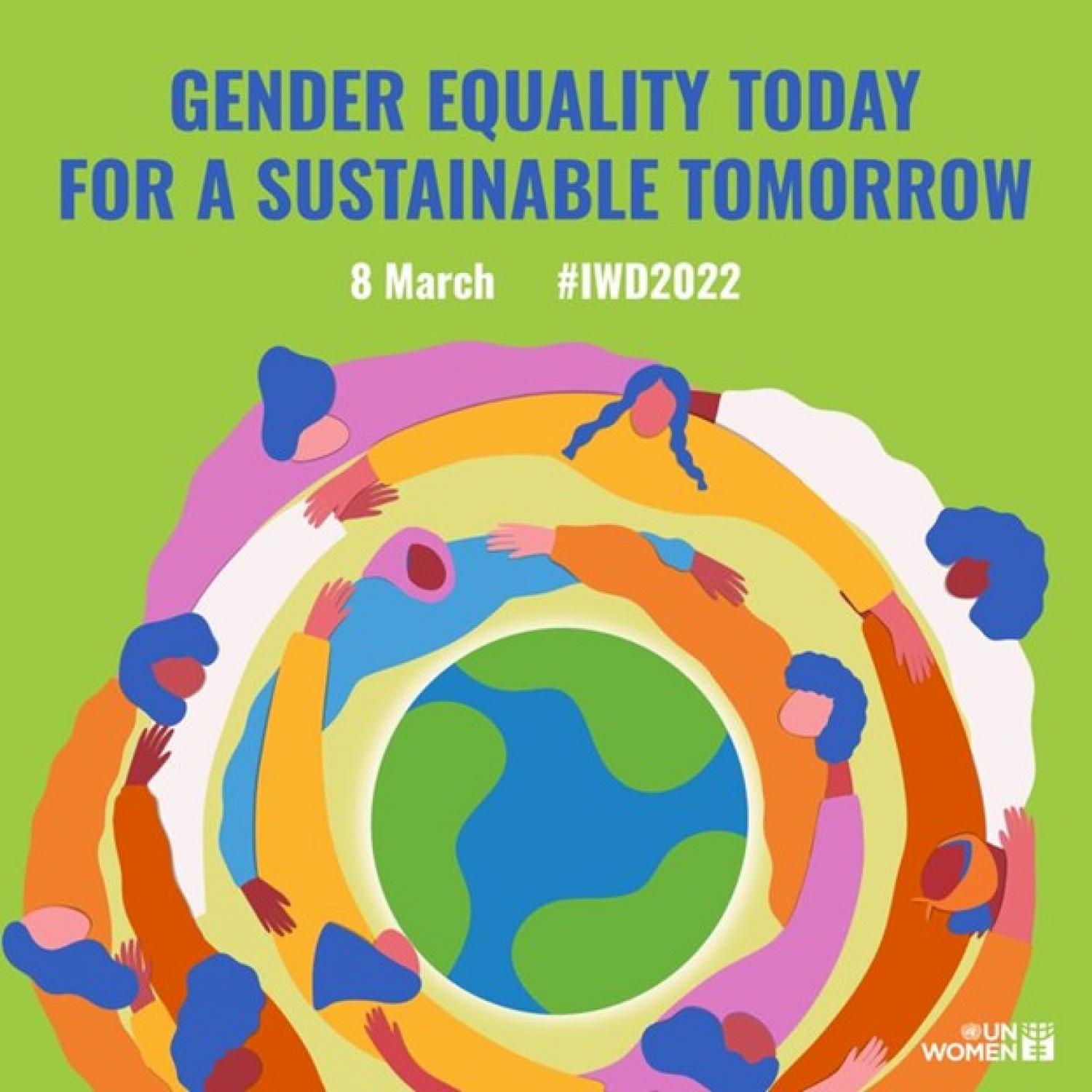
Imagine a gender equal world.
A world free of bias, stereotypes, and discrimination.
A world that is diverse, equitable, and inclusive.
A world where difference is valued and celebrated.
Together we can forge women's equality.
Collectively we can all #BreakTheBias.
The Lancet Regional Health - Western Pacific, Volume 18, January 2022
Background: Menstrual health is essential for gender equality and achieving the sustainable development goals. Though currently lacking, understanding and addressing menstrual health and social related inequalities requires comparison of experiences between menstruators with and without disabilities. Methods: We completed a mixed-methods population-based study of water, sanitation and hygiene, disability and menstrual health in TORBA and SANMA Provinces, Vanuatu.
The Lancet Global Health, Volume 10, January 2022
Latin America has been particularly hard hit by the COVID-19 syndemic, including the associated economic fallout that has threatened the livelihoods of most families. Social protection platforms and policies should have a crucial role in safeguarding individual and family wellbeing; however, the response has been insufficient to address the scale of the crisis.
Studies in History and Philosophy of Science, Volume 90, December 2021
It has now been more than thirty years since Joan Wallach Scott (1986) argued that gender is a legitimate and necessary category of historical analysis that applies to all fields, including genetics. In the intervening years, a substantial body of work has appeared that adds women to the historiography of genetics. While this is a necessary component for including gender as a category of analysis in genetics, it is not sufficient.
Journal of Transport and Health, Volume 24, March 2022
Introduction: Robust occupant protection is critical for the longevity and quality of life of the diverse driving population. Studies have shown that the vehicle crash testing process has greatly assisted in decreasing the severity of injuries experienced by occupants. However, female occupants are not equitably accounted for in the current testing processes while experiencing a significantly increased risk of higher severity injuries compared to male occupants in comparable crash conditions.
Women and Birth, Volume 35, February 2022
Problem: Within maternity care policies and practice, pregnant migrant women are regarded as a vulnerable population. Background: Women's experiential knowledge is a key element of woman-centred care but is insufficiently addressed in midwifery practice and research that involves migrant women. Aim: To examine if pregnant migrant women's experiential knowledge of vulnerability corresponds with sets of criteria of vulnerability, and to explore how migrant women make sense of vulnerability during pregnancy.
Social Sciences & Humanities Open, Volume 3, Issue 1, 2021, 100112
Building and Environment, Volume 206, December 2021
Gender differences in the assessment of thermal comfort and indoor environmental quality (IEQ) in the Gulf Cooperation Countries (GCC) have not previously been investigated, despite the prevalence of the overcooling of indoor spaces. This study investigated the effect of sex, age and body mass index on subjective thermal comfort perceptions, comfort temperature and IEQ satisfaction in offices using our thermal comfort surveys in Qatar, India, and Japan. Data from the American Society of Heating, Refrigerating and Air-Conditioning Engineers (ASHRAE) databases were used for comparison.
Journal of Responsible Technology,
Volume 9,
2022,
100020,
ISSN 2666-6596
International Encyclopedia of Public Health (Second Edition), 2017, Pages 434-443
Three Facets of Public Health and Paths to Improvements, Behavior, Culture, and Environment, 2020, Pages 261-294
Advances in Transport Policy and Planning, Volume 8, 2021, Pages 33-69
Sex and Gender Differences in Alzheimer's Disease, 2021, Pages 233-267
Cognitive Data Models for Sustainable Environment, Cognitive Data Science in Sustainable Computing, 2022, Pages 231-252
Sex and Gender Differences in Alzheimer's Disease, 2021, Pages 269-308
Journeys of Embodiment at the Intersection of Body and Culture, The Developmental Theory of Embodiment, 2017, Pages 201-256
Encyclopedia of Renewable and Sustainable Materials, Volume 5, 2020, Pages 422-430
Encyclopedia of Renewable and Sustainable Materials, Volume 1, 2020, Pages 936-948
Understanding Female Offenders, Psychopathy, Criminal Behavior, Assessment, and Treatment, 2021, Pages 33-112
Sex and Gender Differences in Alzheimer's Disease, 2021, Pages 23-77
